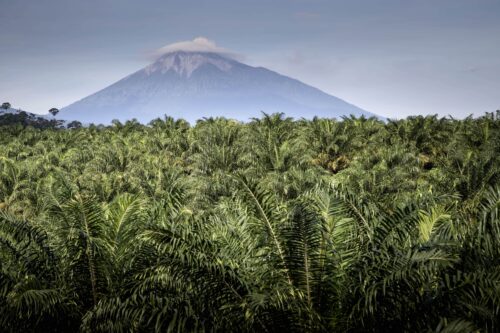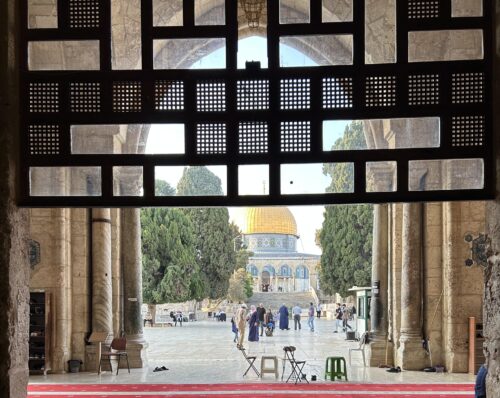Animating Stories of Global Migration
Who gets to tell the story of human migration around the globe? And what kind of story is it?
The Story of Migration, an animated short illustrated by Karrie Fransman, dives into these questions by exploring the complicated connections between migration, development, and global inequalities. Produced by PositiveNegatives and MIDEQ (Migration for Development and Equality) Hub, the colorful animation draws on ethnographic and other evidence-based research from partners across 11 countries. It confronts common misconceptions about migration and centers the perspectives of those who live and work in the Global South who are often left out of popular media representations.
In addition to English, the film is currently available on YouTube in French, Malay, Mandarin, Portuguese, and Tamil, with more translations set to be released in the coming months.































